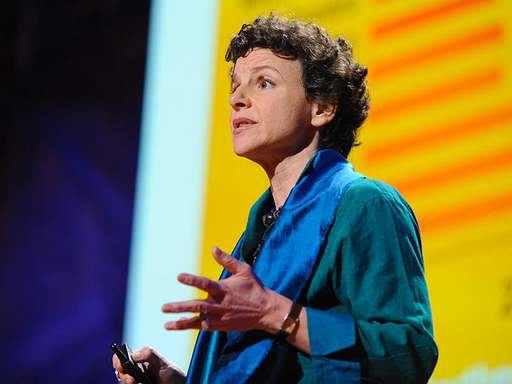In Elizabeth Pisani's latest book, she explores the "improbable nation" of Indonesia.
Why you should listen
In fast-emerging Asia there is one nation that, despite being the world's fourth most-populous (and the third most-populous democracy) and the largest Muslim country (with 210 million people who identify themselves as such), is also, as Elizabeth Pisani writes, "probably the most invisible country in the world". Indonesia. An archipelago of over 17,000 islands that span a distance like that from New York to Alaska, with over 700 languages and a dynamic economy -- but which, puzzingly, doesn't really feature in the global imagination.
Pisani spent two years travelling 23,000 kilometers by boat, bus and motorbike through Indonesia, a place that has fascinated and maddened her since she first lived there over two decades ago. Her portrait of the country, the recent Indonesia Etc.: Exploring the Improbable Nation, reveals the archipelago's complexity and contradictions, a fascinating diversity that "is not just geographic and cultural: different groups are essentially living at different points in human history, all at the same time."
An alumna of various government health agencies, Pisani became an assumption-busting independent researcher and analyst, polling transgendered sex workers, drug addicts and others to illuminate the surprising (and often ignored) demographics that belie traditional studies.
Pisani is fearlessly outspoken on the global failure to understand and manage the realities of AIDS, decrying the tangled roles that money, votes, and media play in the public health landscape. She shows how politics and "morality" have hogtied funding, and advocates for putting dollars where they can actually make a difference. As the Globe and Mail wrote: “Pisani is lucid, colourful, insightful and impatient.”
What others say
“With her language and people skills, Pisani knows how to get inside stories.” — Duncan Graham, The Jakarta Post

